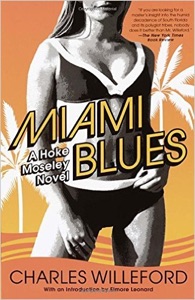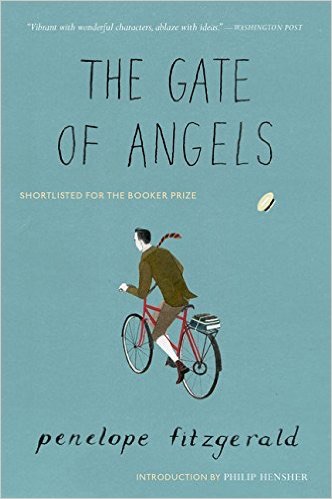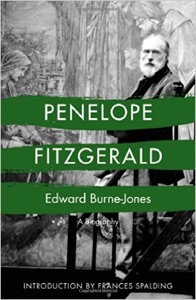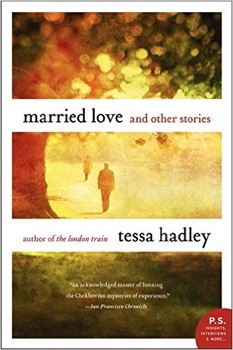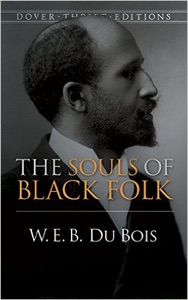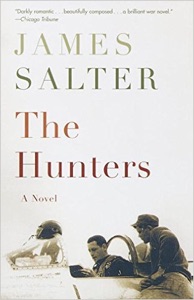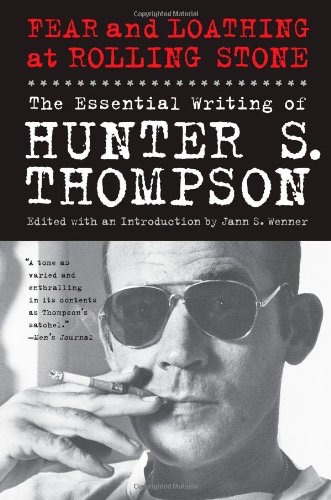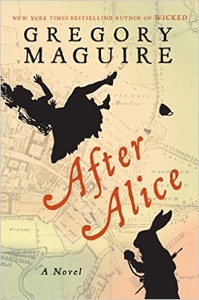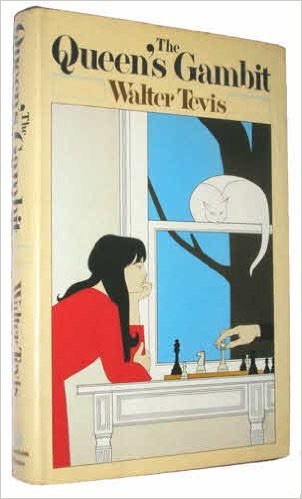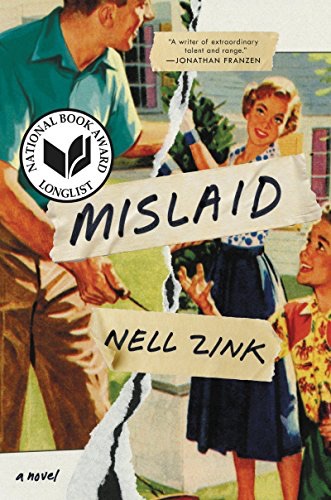This fascinating novel of ideas begins in a cemetery where Strulovitch, a man of some importance, recognizes an even more notable banker. Shylock is sitting on a stool, reading Portnoy’s Complaint to his late wife.
Strulovitch invites Shylock home for a visit. Shylock, he knows, is a divisive figure: “No two people feel the same about him. Even those who unreservedly despise him, despise him with different degrees of unreservation.”
It turns out that Strulovitch and Shylock share a long history of trouble with their daughters. It’s not the ducats that Shylock minds, it’s the daughter. And it’s not so much losing the daughter as that goddamn monkey. More pressingly, Strulovitch’s sixteen-year-old Beatrice has run off to Venice with a football player who has a thing for very young Jewesses.
They have troubles to talk about, these two aging Jewish intellectuals. “There’s nothing good or bad but thinking makes it so. Our greatest weakness as Jews is forever to be thinking the worst of ourselves.”This is part of The Hogarth Shakespeare, a series of commissioned novels that revisit Shakespearean plots. Impending treats include Margaret Atwood’s Tempest, Anne Tyler’s Vinegar Girl, and Jo Nesbø’s Macbeth.
Shylock Is My Name takes its questions seriously. Shall we not revenge? Why not? The quality of mercy, after all, has always been strained.
They walked the rest of the short distance to Strulovitch’s hearse-like black Mercedes in silence.
“Ah! I’m surprised,” Shylock commented when he saw it. A black chauffeur was holding the door open for them. Strulovitch handed him Shylock’s Glyndebourne stool. “In the boot, Brendan,” he said.
To Shylock he said, “Surprised by what? That I have a driver?”
“That you have a German car.”
“I thought you believe we have to draw a line.”
“That’s another sort of line.”
“A line’s a line. We must let bygones be bygones.”
“I’m surprised you believe that.”
“I don’t.”
March 23, 2016 (permalink)

